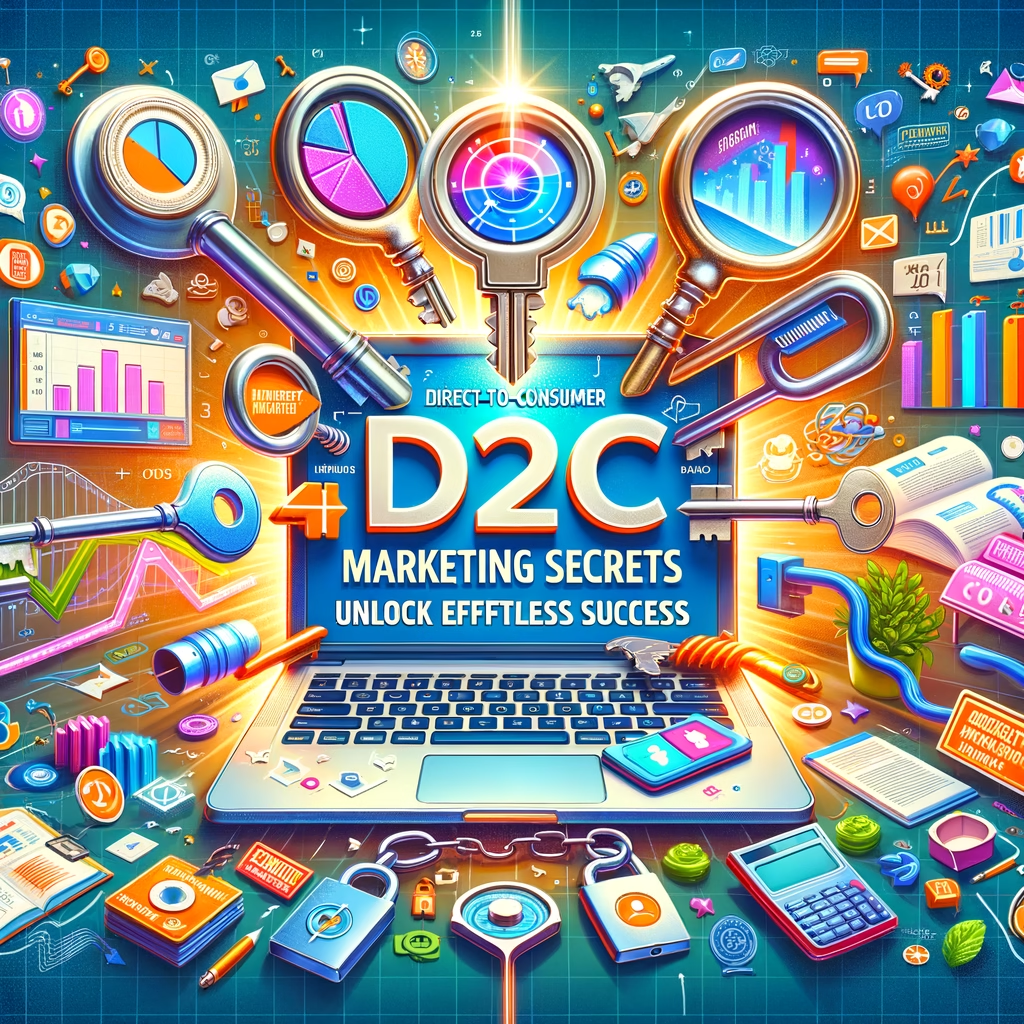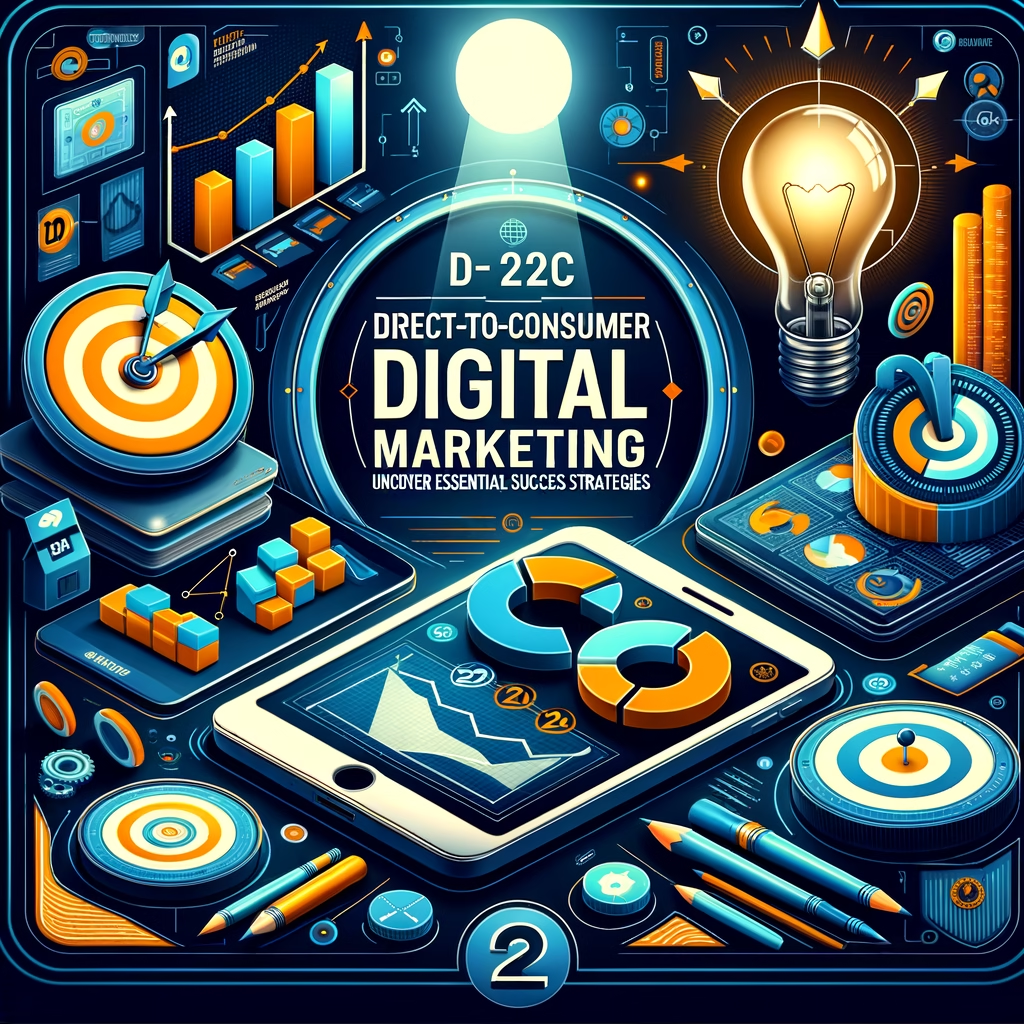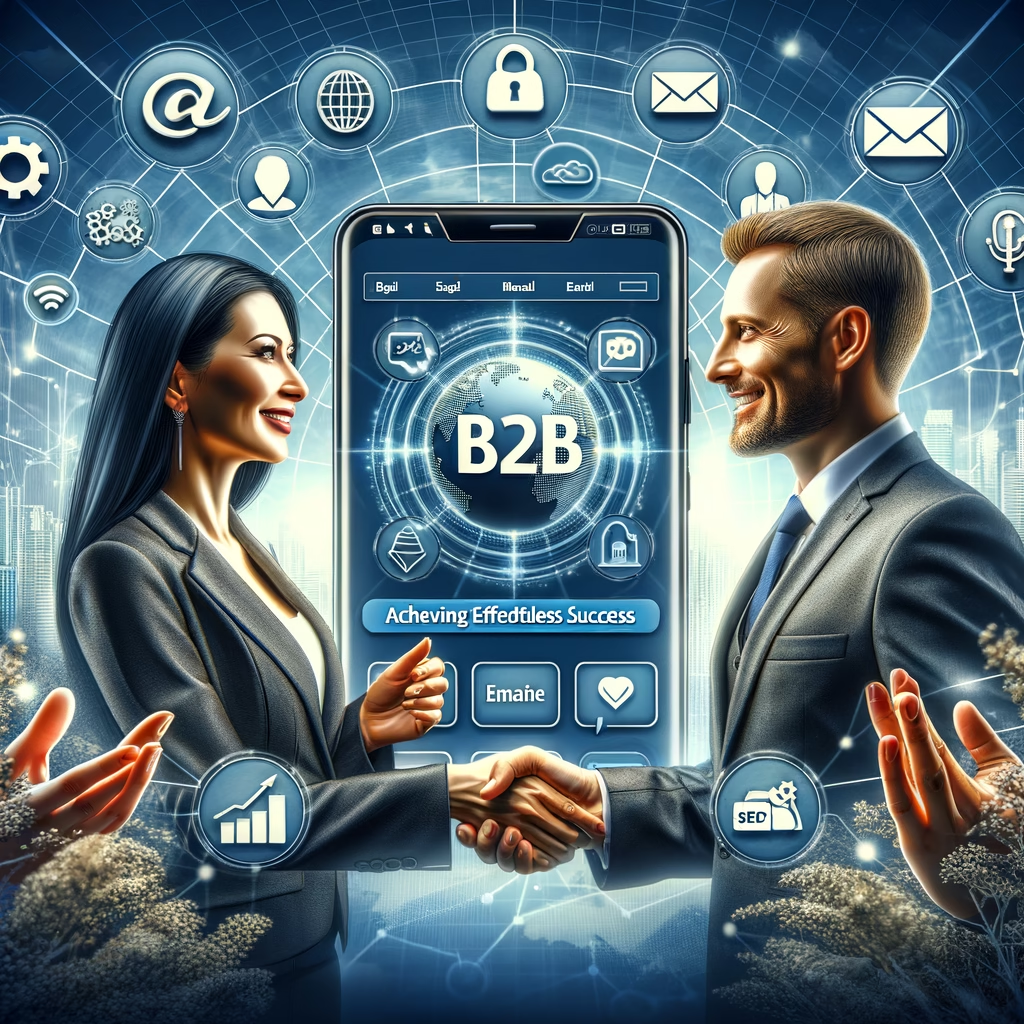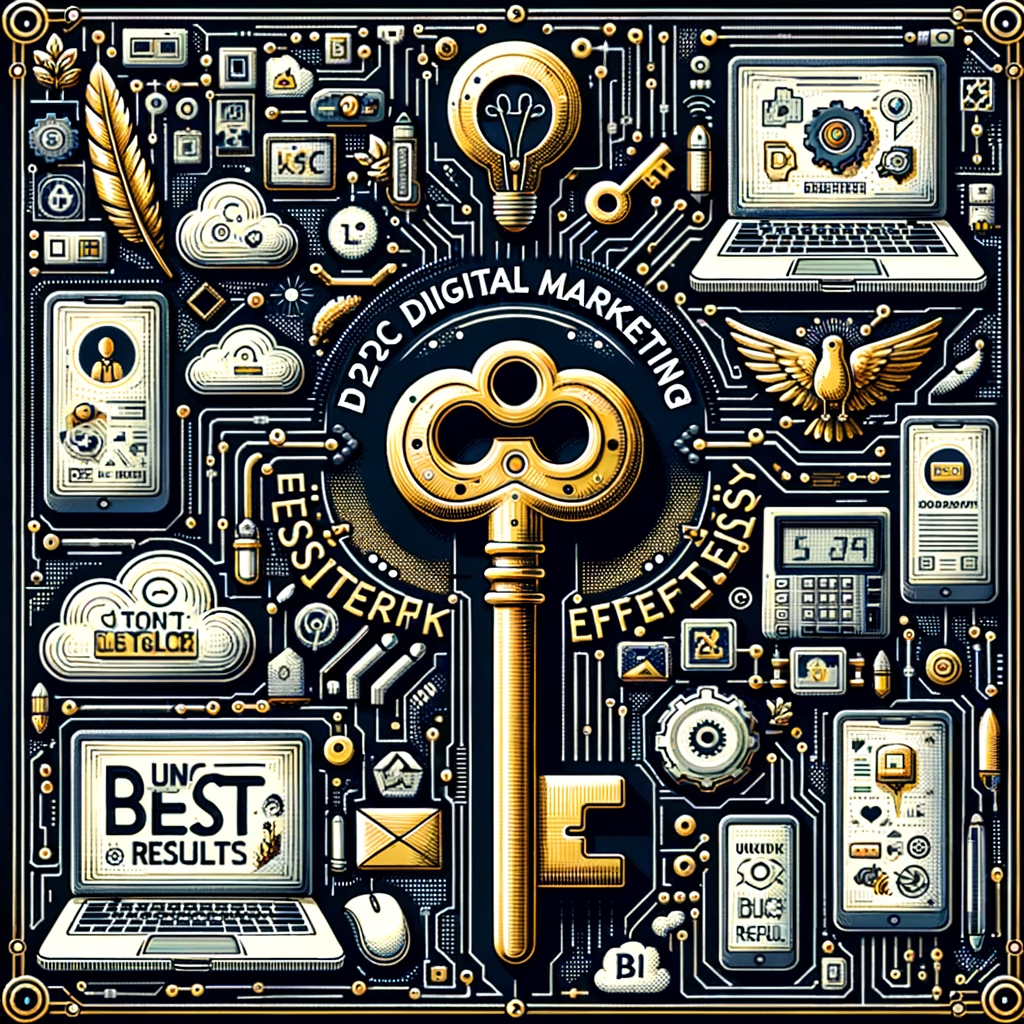- Understanding the Power of Personalization
- Why Personalization Matters
- Strategies to Implement Personalization in D2C Marketing
- 1. Data Collection and Analysis
- 2. Dynamic Content and Product Recommendations
- 3. Influencer Partnerships for Personal Touch
- Overcoming Challenges in Personalization
- 1. Data Privacy and Security
- 2. Balancing Automation and Human Touch
- Tools for Personalizing D2C Marketing
- 1. CRM Systems
- 2. AI and Machine Learning
- 3. Email Marketing Platforms
- Case studies: Successful Personalization Examples
- 1. Netflix
- 2. Amazon
- Conclusion: The Future of Personalization
D2C Marketing Secrets: Unlock Effortless Success Through Effective Personalization
In the realm of D2C (Direct-to-Consumer) marketing, the art of personalization has emerged as a game-changer, unlocking effortless success for brands that embrace it effectively. Personalization goes beyond merely addressing customers by their names; it’s about crafting unique experiences that resonate deeply with individual preferences and behaviors. As businesses venture further into the digital space, understanding and implementing personalization strategies can significantly enhance brand loyalty and drive customer engagement.
Understanding the Power of Personalization
Personalization in D2C marketing involves tailoring the customer experience based on data, insights, and interactions a consumer has with the brand. This approach not only makes customers feel valued but also fosters a stronger connection between the brand and its audience.
Why Personalization Matters
1. Consumer Expectations: Today’s consumers expect personalized interactions with brands. They demand relevance in the emails they open, the ads they see, and the suggestions they receive. Ignoring this expectation might result in losing potential customers to competitors who prioritize personalized experiences.
2. Increased Engagement: Personalized content drives higher engagement rates. When a consumer feels that a brand understands their specific needs and interests, they’re more likely to engage, whether that’s through opening an email or clicking on an advertisement.
3. Better Conversion Rates: Personalization can turn browsers into buyers by presenting just the right product at the right time, tailored to an individual’s specific needs or preferences.
Strategies to Implement Personalization in D2C Marketing
1. Data Collection and Analysis
Data is the backbone of any successful personalization strategy. To personalize effectively, brands must first gather comprehensive data about their customers. This includes purchase history, browsing behavior, demographic information, and interactions across various platforms. Tools like Google Analytics, Shopify Analytics, and customer surveys can provide valuable insights.
– Focus on Behavior Patterns: Understand which products a customer views but does not purchase, identify abandoned cart items, and tailor follow-ups accordingly.
– Demographic Segmentation: Customize marketing strategies by segmenting audiences based on age, location, gender, and more.
2. Dynamic Content and Product Recommendations
Utilizing dynamic content in email marketing and websites can cater to individual consumer preferences.
– Email Marketing Personalization: Use recipient names, recommend products based on past purchases, and send personalized offers on birthdays or anniversaries.
– Website Personalization: Websites can display dynamic content to repeat visitors by showcasing products related to their past browsing history.
3. Influencer Partnerships for Personal Touch
Partnering with influencers can add a personalized dimension to your marketing efforts. Influencers who match your brand’s target demographic can provide relatable and authentic experiences for their followers.
– Leverage Micro-Influencers: Micro-influencers, with their niche following, offer a more personalized connection and can have a significant impact on their engaged audience.
Overcoming Challenges in Personalization
While personalization offers numerous benefits, brands often face challenges in its implementation. Here’s how to tackle them:
1. Data Privacy and Security
One of the primary hurdles is managing data privacy. Consumers are increasingly aware of how their data is used, prompting stricter regulations like GDPR and CCPA.
– Transparency and Trust: Clearly communicate how customer data will be used. Offering an easy-to-understand privacy policy can build trust.
– Secure Data Storage: Invest in robust cybersecurity measures to protect consumer data from breaches.
2. Balancing Automation and Human Touch
Automation is essential for efficiently implementing personalization at scale, but too much can detract from the genuine interaction.
– Humanize Automated Messages: Integrate storytelling and brand voice to maintain a personal touch even in automated correspondence.
– Customer Service Rep Insights: Utilize insights from customer service representatives to refine automated personalization strategies.
Tools for Personalizing D2C Marketing
Several tools can facilitate the execution of personalized marketing strategies:
1. CRM Systems
Customer Relationship Management (CRM) software such as Salesforce or HubSpot allows the collection and analysis of detailed customer data, enabling more tailored marketing efforts.
2. AI and Machine Learning
AI-powered tools like Dynamic Yield or Segment can predict customer behavior and preferences, automating and refining personalization strategies.
3. Email Marketing Platforms
Platforms like Mailchimp and Klaviyo offer features to personalize email campaigns, track engagement, and iterate based on interested segments.
Case studies: Successful Personalization Examples
To highlight the impact of these strategies, let’s look at some successful examples:
1. Netflix
Netflix uses personalization extensively by analyzing user data to recommend shows and movies tailored to individual viewing habits, making the platform addictive and highly engaging.
2. Amazon
Amazon’s recommendation algorithm showcases products based on customer search and purchase history, enhancing the shopping experience and driving sales.
Conclusion: The Future of Personalization
The future is promising for brands willing to embrace personalization. As technology evolves, so will the methods available to customize the consumer experience. By overcoming challenges and utilizing advanced tools, brands can unlock the true potential of D2C marketing. Unlocking effortless success lies in personalized marketing strategies that not only meet consumer expectations but redefine them, creating memorable, engaging experiences in the digital age.





One reply on “D2C Marketing Secrets: Unlock Effortless Success”
Very informative message in personalisation. Thanks